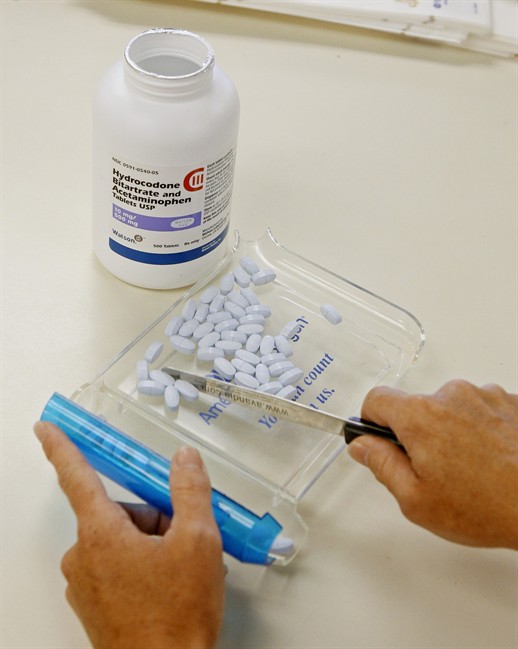Deciding to pay for either prescription drugs or food and housing is a choice many Canadians are forced to make, according to a new study out today.

But the problem is worse in B.C.
While 5.5 per cent of Canadians couldn’t afford one or more of their prescriptions, approximately 8.1 per cent of British Columbians weren’t able to.
Using data from Statistics Canada, a report from University of British Columbia (UBC), Simon Fraser University (SFU), McMaster and University of Toronto, researchers investigating the impact of drug costs in Canada has found an estimated 900,000 plus Canadians cut back on the basics to pay for prescriptions.
Speaking on The Jon McComb Show on CKNW, UBC associate professor Michael Law said they’ve known for a long time it’s been a harder choice for British Columbians.
The study estimated 730,000 people cut their spending on food, and 238,000 spent less on home heating because of prescription drug costs.
“It’s the glaring hole in Canadian health care,” said Law.

Get weekly health news
It’s not all bad news, though.
Efforts taken by governments to reduce drug costs and negotiate better prices for generic drugs have made this better.
Twenty-eight thousand people participated in the Statistics Canada survey.












Comments